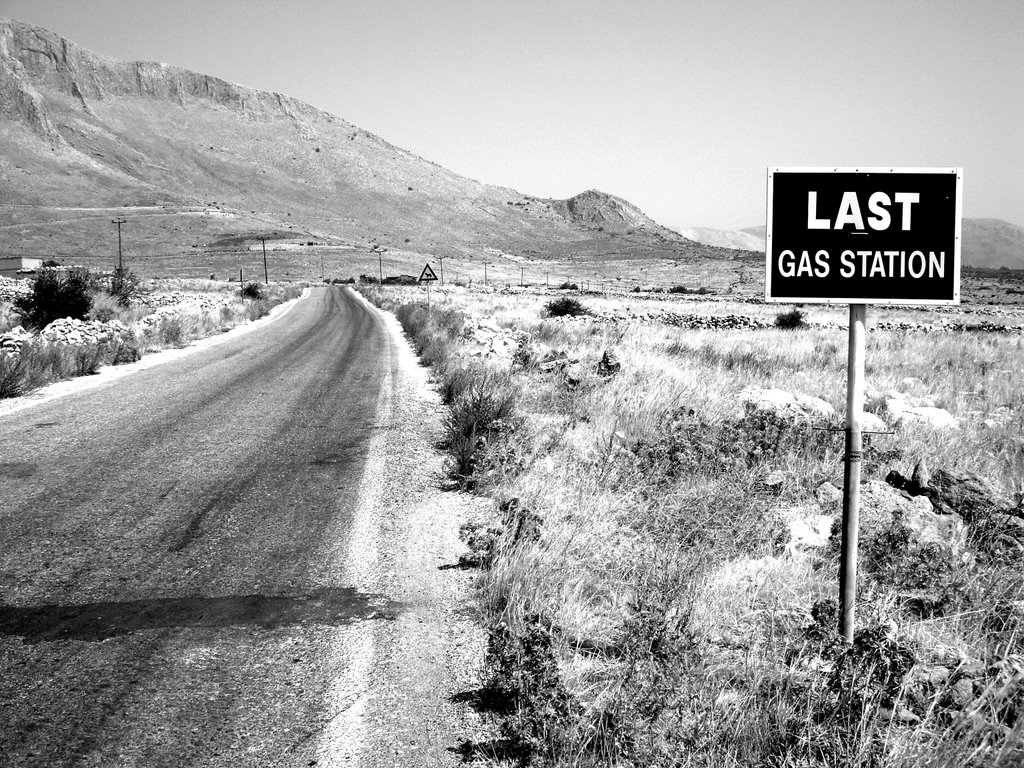Last Update: August 1, 2019

Any car driver can run out of fuel. Even wise experienced drivers make a mistake sometimes, or find a broken refueling station, and can get stranded. That's why wise gasoline car drivers carry a gas can in the trunk, right?
This situation - running out of fuel - is an ever-present possibility in the mind of any driver.
To the extent that gasoline car drivers are fixated on range anxiety in electric cars, could it be that fear was created by a marketing department? The way to fight against electric cars could be to amplify fears of the inconvenience of running out of fuel.
It seems that General Motors purposely stoked range anxiety fears in order to make the Chevy Volt look like a better deal than the Nissan Leaf. Since the Chevy Volt was a plug-in hybrid, a Volt driver could rely on gasoline to drive beyond the 40-50 mile electric range. GM even registered Range Anxiety as a trademark, and kept on touting the gasoline engine in the Volt as the cure for Range Anxiety.
And it wasn't just GM, for Toyota's Prius Plug-in advertising touted the fact you didn't have to plug-in and instead rely on gasoline to recharge the battery. The marketing departments of at least two car companies pushed the idea that gasoline is a more convenient fuel than electricity.
Let's back up a few feet and consider this question: What is Range Anxiety?
Again, any kind of vehicle can run out of fuel. Any wise driver knows when to refuel and where to find refueling stations. Any experienced electric car driver knows how to find charging stations, has memberships in multiple charging networks, has PlugShare or other charging station app installed on their smart phone, and so on.


